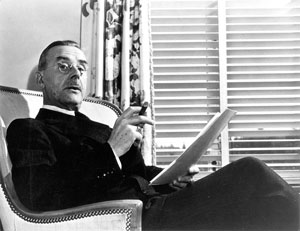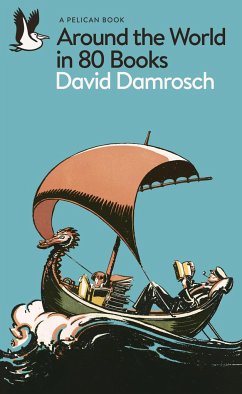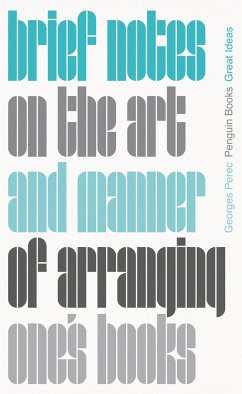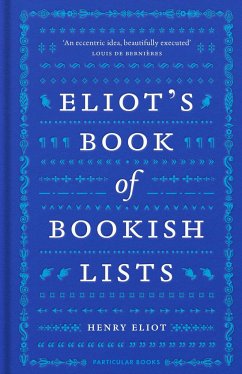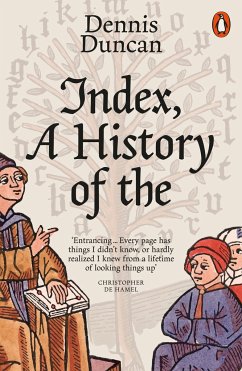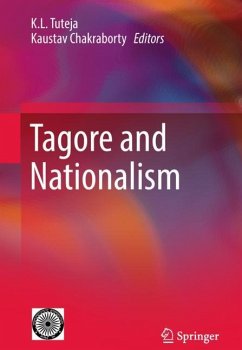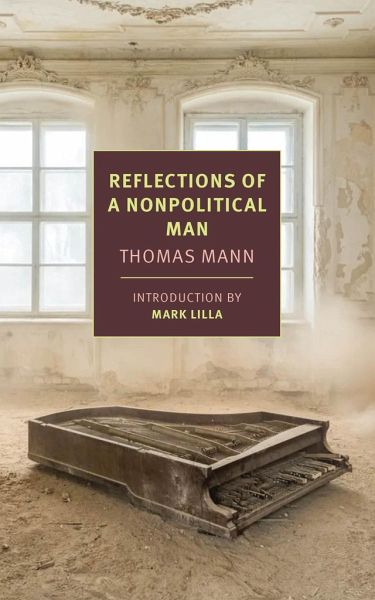
Reflections of a Nonpolitical Man

PAYBACK Punkte
14 °P sammeln!
A classic, controversial book exploring German culture and identity by the author of Death in Venice and The Magic Mountain, now back in print.When the Great War broke out in August 1914, Thomas Mann, like so many people on both sides of the conflict, was exhilarated. Finally, the era of decadence that he had anatomized in Death in Venice had come to an end; finally, there was a cause worth fighting and even dying for, or, at least when it came to Mann himself, writing about. Mann immediately picked up his pen to compose a paean to the German cause. Soon after, his elder brother and lifelong r...
A classic, controversial book exploring German culture and identity by the author of Death in Venice and The Magic Mountain, now back in print.
When the Great War broke out in August 1914, Thomas Mann, like so many people on both sides of the conflict, was exhilarated. Finally, the era of decadence that he had anatomized in Death in Venice had come to an end; finally, there was a cause worth fighting and even dying for, or, at least when it came to Mann himself, writing about. Mann immediately picked up his pen to compose a paean to the German cause. Soon after, his elder brother and lifelong rival, the novelist Heinrich Mann, responded with a no less determined denunciation. Thomas took it as an unforgivable stab in the back.
The bitter dispute between the brothers would swell into the strange, tortured, brilliant, sometimes perverse literary performance that is Reflections of a Nonpolitical Man, a book that Mann worked on and added to throughout the war and that bears an intimate relation to his postwar masterpiece The Magic Mountain. Wild and ungainly though Mann s reflections can be, they nonetheless constitute, as Mark Lilla demonstrates in a new introduction, a key meditation on the freedom of the artist and the distance between literature and politics.
The NYRB Classics edition includes two additional essays by Mann: Thoughts in Wartime (1914), translated by Mark Lilla and Cosima Mattner; and On the German Republic (1922), translated by Lawrence Rainey.
When the Great War broke out in August 1914, Thomas Mann, like so many people on both sides of the conflict, was exhilarated. Finally, the era of decadence that he had anatomized in Death in Venice had come to an end; finally, there was a cause worth fighting and even dying for, or, at least when it came to Mann himself, writing about. Mann immediately picked up his pen to compose a paean to the German cause. Soon after, his elder brother and lifelong rival, the novelist Heinrich Mann, responded with a no less determined denunciation. Thomas took it as an unforgivable stab in the back.
The bitter dispute between the brothers would swell into the strange, tortured, brilliant, sometimes perverse literary performance that is Reflections of a Nonpolitical Man, a book that Mann worked on and added to throughout the war and that bears an intimate relation to his postwar masterpiece The Magic Mountain. Wild and ungainly though Mann s reflections can be, they nonetheless constitute, as Mark Lilla demonstrates in a new introduction, a key meditation on the freedom of the artist and the distance between literature and politics.
The NYRB Classics edition includes two additional essays by Mann: Thoughts in Wartime (1914), translated by Mark Lilla and Cosima Mattner; and On the German Republic (1922), translated by Lawrence Rainey.




